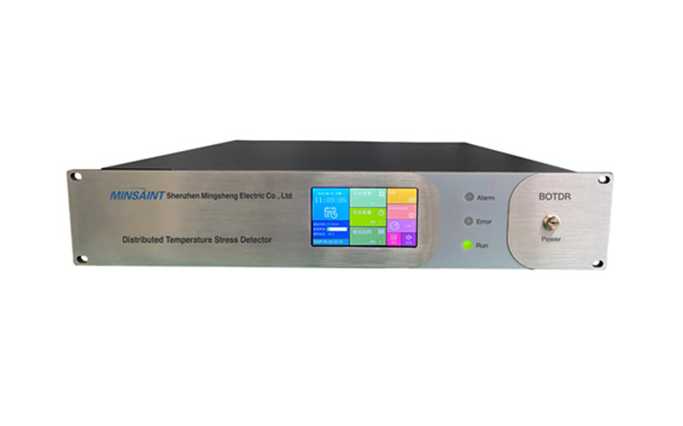In the quest for sustainable waste management solutions, the concept of garbage disposal incinerators has emerged as a viable alternative to traditional landfill methods. These systems are designed to reduce the volume of waste by burning it at high temperatures, thereby minimizing the environmental footprint of waste disposal. This article delves into the intricacies of garbage disposal incinerators, their benefits, challenges, and the role they play in modern waste management strategies.
What Are Garbage Disposal Incinerators?
Garbage disposal incinerators are engineered facilities that combust waste materials in a controlled environment. The primary purpose of these incinerators is to reduce the volume of waste and convert it into ash, gas, and heat. This process not only helps in managing waste but also generates energy that can be harnessed for various purposes, such as electricity generation.
The Process of Waste Incineration
The process of waste incineration in garbage disposal incinerators involves several stages. Initially, waste is fed into the incinerator's combustion chamber where it is subjected to high temperatures, typically ranging from 850°C to 1200°C. This heat breaks down the waste into its basic components, including water vapor, carbon dioxide, and ash. The heat generated during this process can be captured and used to produce steam, which drives turbines to generate electricity.
Environmental Benefits of Garbage Disposal Incinerators
One of the key advantages of garbage disposal incinerators is their ability to significantly reduce the volume of waste. By burning waste, the volume can be reduced by up to 90%, which is a substantial decrease compared to landfilling. This reduction in volume helps in conserving land resources and reduces the pressure on landfill sites.
Energy Recovery from Garbage Disposal Incinerators
A significant benefit of garbage disposal incinerators is their potential for energy recovery. The heat generated during the incineration process can be used to produce steam, which is then used to drive turbines and generate electricity. This not only provides a sustainable source of energy but also contributes to reducing greenhouse gas emissions by displacing the need for fossil fuels.
Challenges and Concerns with Garbage Disposal Incinerators
Despite their benefits, garbage disposal incinerators also face several challenges. One of the primary concerns is the emission of harmful pollutants, such as dioxins and furans, which are known to be carcinogenic. However, modern incinerators are equipped with advanced pollution control systems that significantly reduce the emission of these harmful substances.
https://www.wxincinerator.com/product
Jiangsu Wanxin Environmental Protection Technology Co., Ltd.




